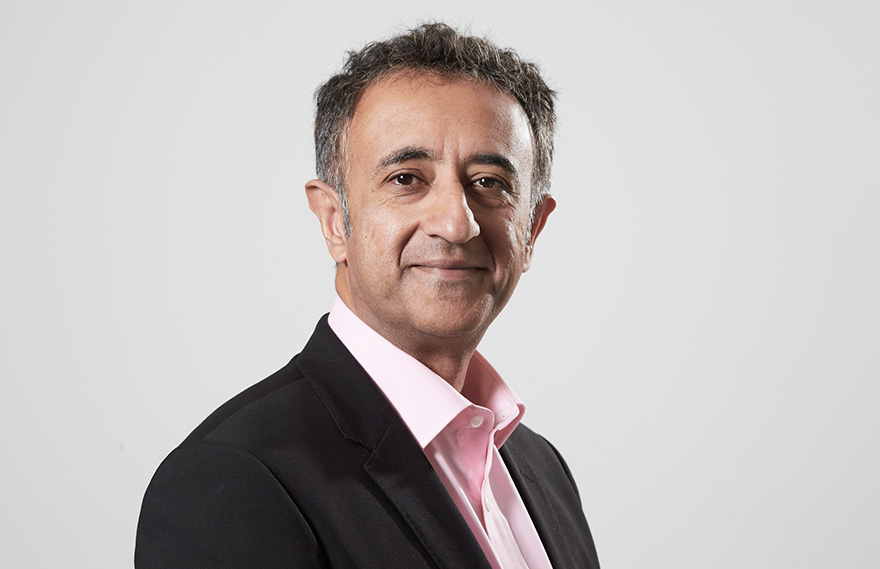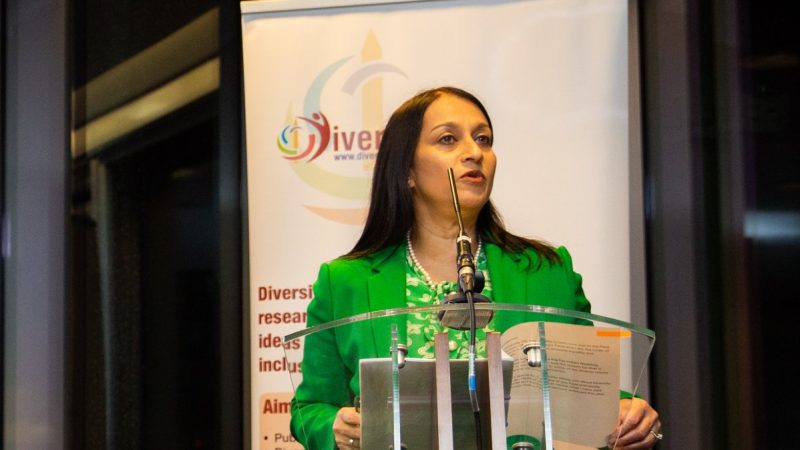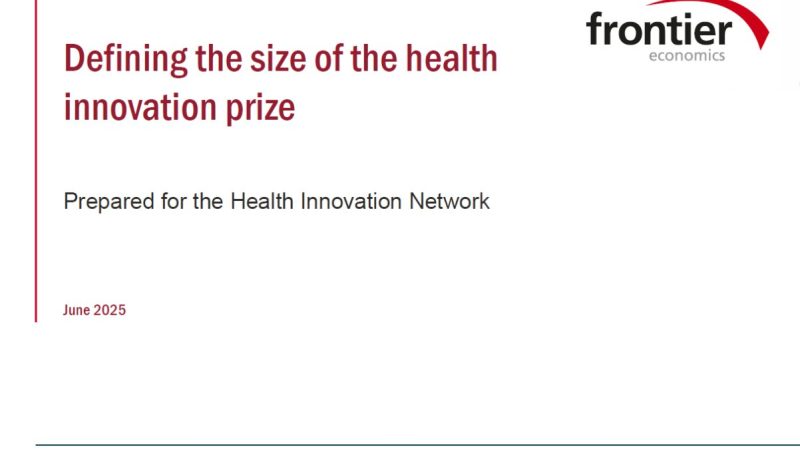Demos Hub: Ethnic Attitudes & Identities in Britain

Demos launched the Ethnic Attitudes and Identities chapter of the Demos Integration Hub on Tuesday 14 July 2015 – bringing together the leading research into the changing attitudes and identities of Britain’s increasingly diverse population, for the first time. This chapter builds a much more complete picture of the ways in which the UK’s ethnic and cultural make-up is evolving over time than ever before.
First generation immigrants often have strikingly different attitudes and beliefs compared with the White British majority. Those differences, and the identities that embody them, tend to weaken over time as hybrid combinations emerge among the British born. But the convergence happens in different ways and speeds for different groups. Muslims remain strikingly more traditional in their views. The more separatist version of multiculturalism has been rejected by all groups even as people have become more tolerant of difference.
Some of the interesting findings of the Attitudes and Identities chapter include:
There is broad consensus on the rights and responsibilities we should share as Britons:
89.1% of White British people say they value freedom of thought, conscience, and religion – compared to 90.1% of Indians, 91.5% of Pakistanis, 88.5% of Black Africans, and 88.5% of Black Caribbeans
Ethnic minorities hold a desire for greater integration:
Roughly three quarters of non-white ethnic minorities think their ethnic group should make an effort to mix with White people
Nearly two thirds of Indians send Christmas cards compared to just 24 per cent of Bangladeshis (only two per cent of Bangladeshis put up Christmas trees).
There are strong differences between ethnic minorities’ views on religion, gender and sexuality:
79.2% of ethnic minorities identify themselves with a religion, compared to 64.9% of the White British.
38.4% of Muslims believe husbands should work and wives should stay at home; this compares to 11.1% of the non-religious and 18% of Christians.
Religion does affect our choices of schools, housing, and where we work
For White Christians, 15% say religion affects their choice of where they live; 8% say religion impacts on where they work; 27% say it will affect their choice of schools
In comparison, 33% of Muslims say religion affects where they live; 25% say it affects where they work; 22% say it affects their choice of schools
Commenting on the launch, lead analyst for the Demos Integration Hub, Dr Richard Norrie, said: “The United Kingdom is an increasingly diverse place to live in, bringing together not only many different cultures and ethnicities, but also many different identities and sets of beliefs. It is the ambition of any society to create strength and cohesion from this diversity, and improving understanding between cultures is critical to achieving this.
“As the Demos Integration Hub has previously shown, there are some areas in the UK where high levels of residential and school segregation persist – and these findings certainly reveal some important differences of opinion relating to religion, gender, and sexuality amongst ethnic groups. However, we do also see some encouraging trends: firstly, that the younger generations are leading the way in terms of tolerance and liberal attitudes, and also that most people – regardless of their backgrounds – do ultimately want the same things from life, and are prepared to accept the same responsibilities.”
For further information visit Demos Integration Hub at www.integrationhub.net




